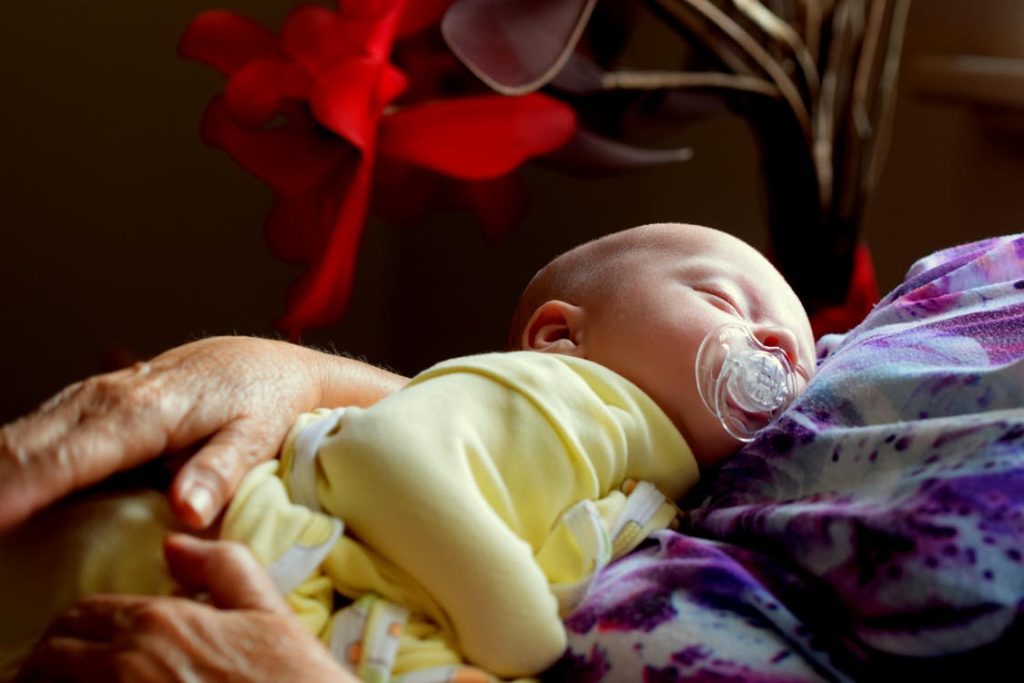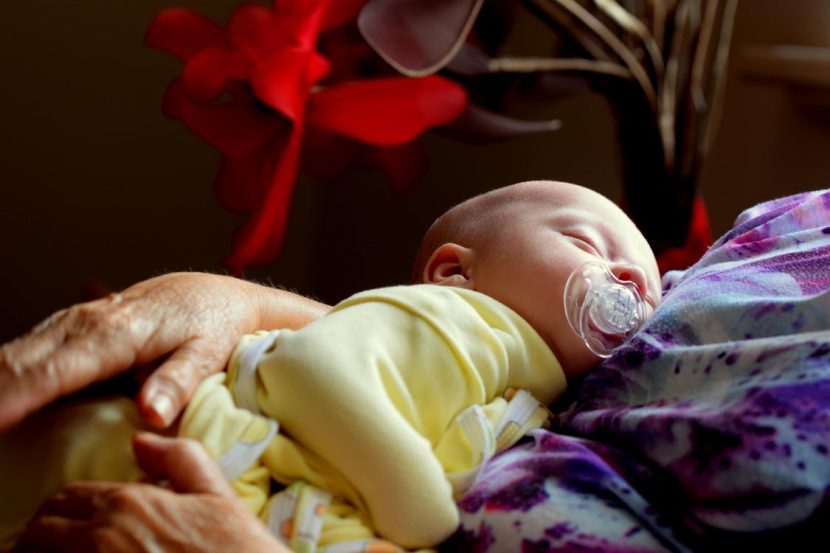There are several reasons that babies should not be circumcised. First, the baby must be in good health to undergo the procedure. Before performing the procedure, the doctor will inspect the penis for any defects. Most newborns are able to sleep through the entire procedure. However, some may awaken during the procedure. A sugary Pacifier can be used to stop a baby from crying during the procedure. The surgeon will give the baby a shot of infant acetaminophen to prevent pain and provide reassurance for the parents.
A common complication of circumcision is bleeding. In most cases, bleeding can be remedied with direct pressure. A penis infection, however, can be fatal. An infection can cause redness and mucus discharge. The penis will become inflamed, and it will need to heal. The baby will be in a hospital for five to 10 days.

One of two types will be applied to the penis by a healthcare provider before the procedure. To keep the baby still during the procedure, the healthcare provider may also use a restraining instrument. The restraining gadget will stop the baby from moving during circumcision. It will also provide comfort for the baby. During the procedure, the baby may be given a pacifier that has been dipped in sugar water.
A baby should undergo a full round diaper change within the first few days following circumcision. The bandage will remain on the baby’s penis until its fall. This is a good time for you to change the bandage. It will prevent infection. The diaper can be changed immediately after the circumcision. However if the baby is unable or unwilling to urinate within six to eight hours, he should get his circumcision done immediately.
After the procedure, a baby may experience reddening of the penis and bleeding for a few days. The child may be able to eat small amounts at first, but will not be allowed bathing for several days. The child will be given medication to keep him sleeping after the circumcision. Sometimes, a baby will need to have an IV to allow him to breathe through a catheter.
Circumcision For Babies
After the baby has been circumcised, the doctor will apply a bandage to the area. There may be minor bleeding after the procedure. The blood will stop oozing in 12 hours. While some parents prefer to be there for their baby, others prefer to wait in the hospital until the procedure is finished. The doctor will clean the skin around the baby’s eyes and foreskin when the baby is still awake. After the procedure, the baby should go to the nursery for a few minutes.
Parents should discuss the benefits and risks of circumcision with their doctor before allowing their baby to be circumcised. It is important to choose a skilled doctor to perform the procedure. The risks of circumcision are between 0.1% and 35 percent depending on where the baby is located. Before you make a decision, it is important that you talk to your doctor about the benefits as well as the risks. The doctor will explain how the procedure will work and how to take care of the baby afterward.
It is a common procedure for babies, despite the risks. The procedure is not recommended for medical reasons, but it can provide some benefits. The procedure can reduce the risk from urinary tract infection. However, if it’s not done properly, it could cause scarring or kidney inflammation. However, a baby may require a second surgery to recover from the procedure. After a child is born, the doctor will perform surgery.
A circumcision may cause discomfort or infection in children. Some children with bleeding disorders may require stitches after circumcision, although this is rare. The child will be given a general anaesthetic to help with the healing process. It can take up to six to eight weeks for the healing process to complete. Before a baby is circumcised, there are many factors you need to consider. If your baby is of male gender, you will need to decide if your boy should be circumcised.

